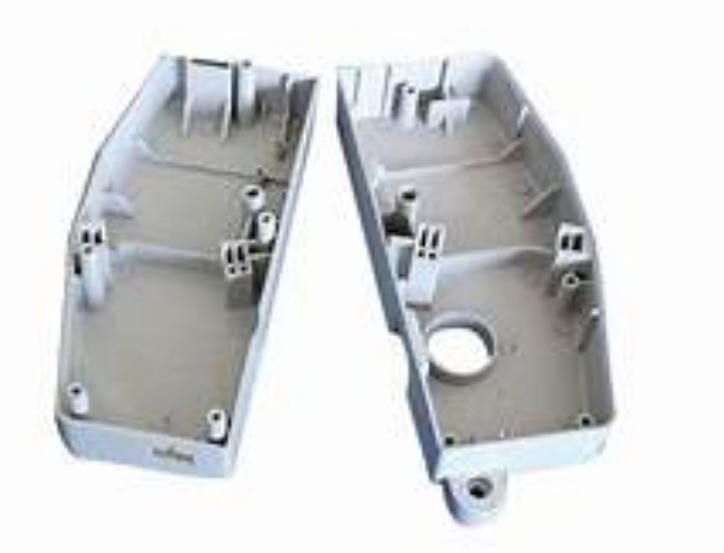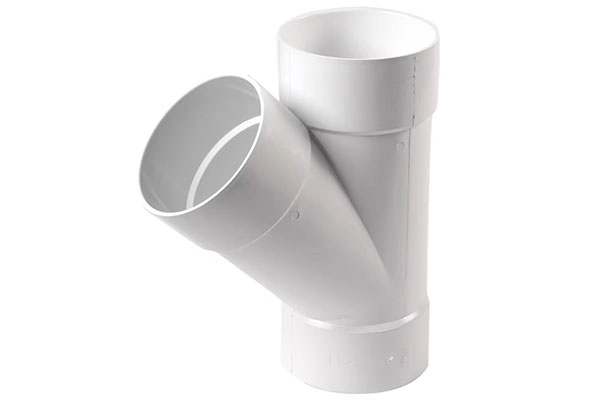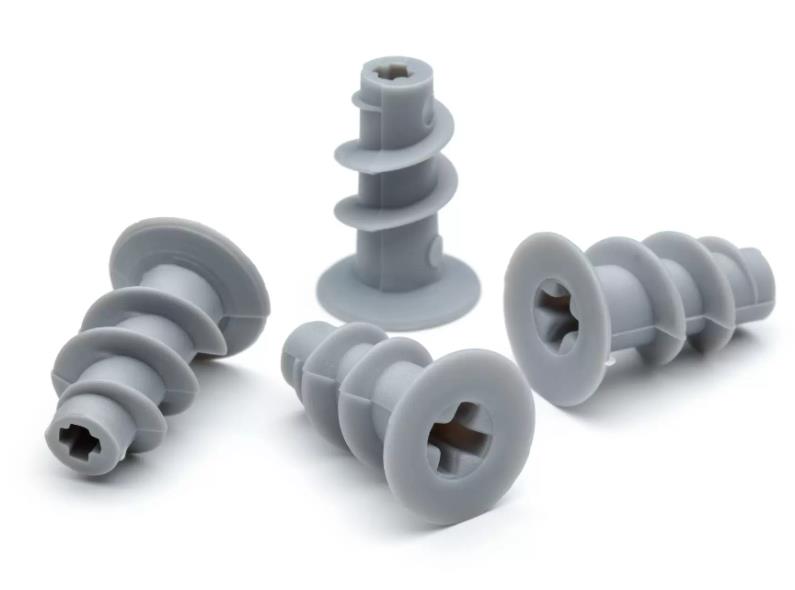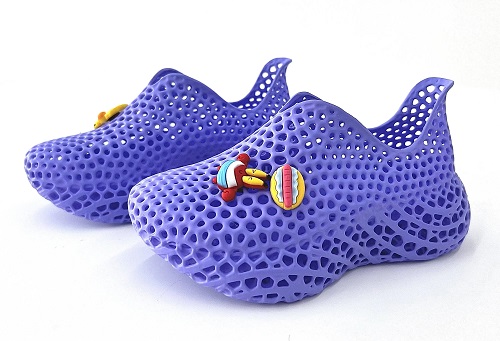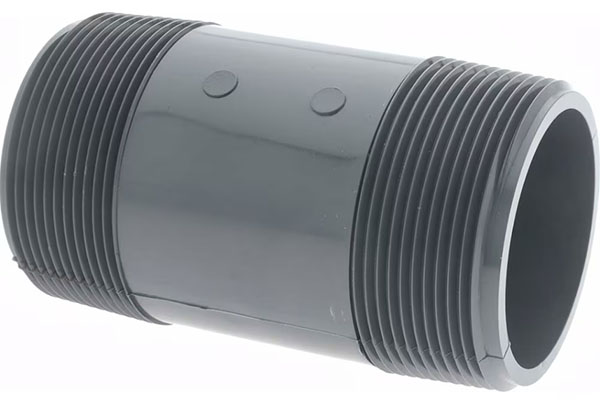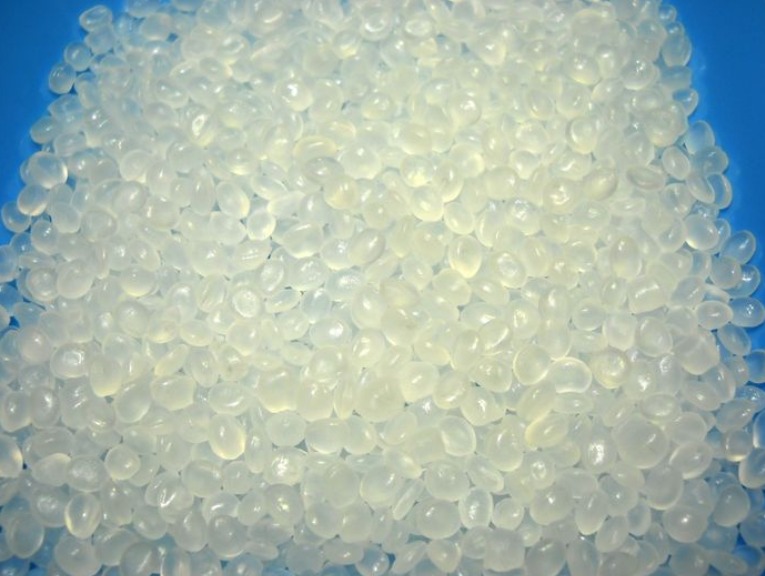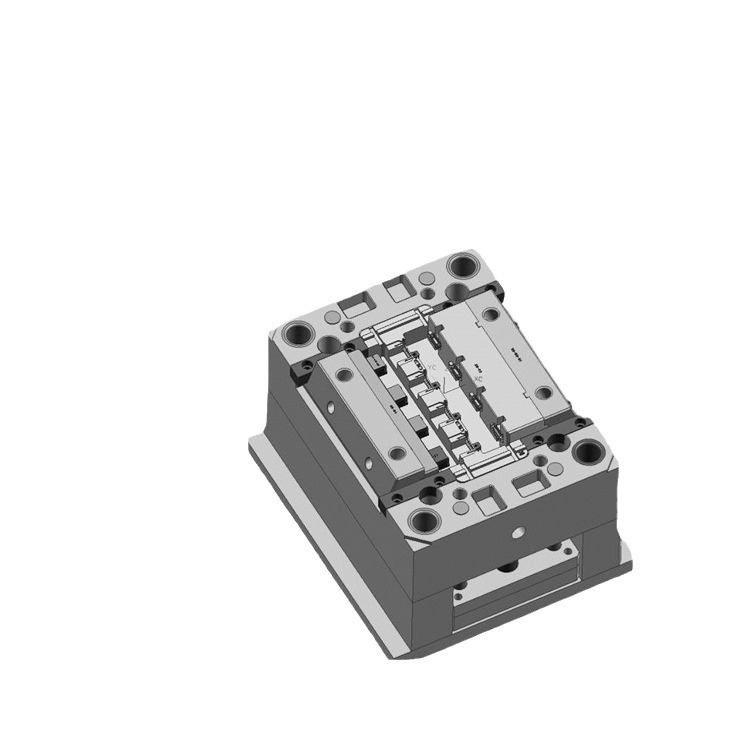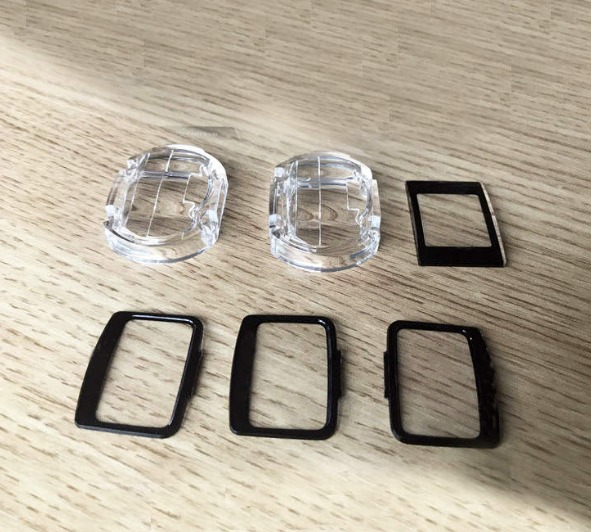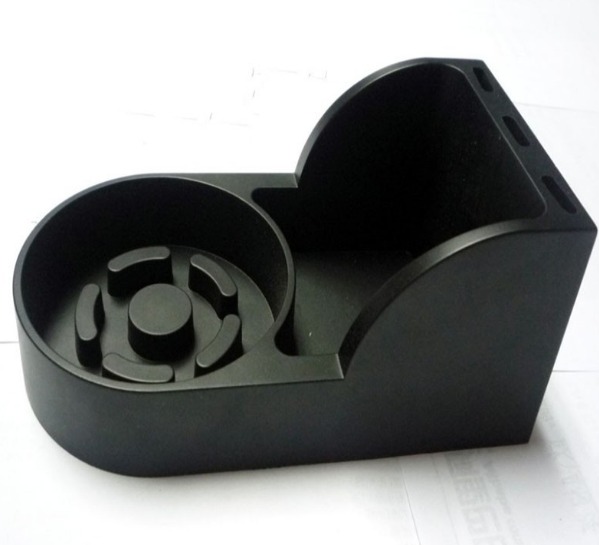What is Rotational Moulding?
Rotational moulding, also known as rotomolding, is a unique manufacturing process used to create hollow plastic products. The basic principle behind rotational moulding is quite straightforward yet highly effective. It involves placing a measured amount of powdered or liquid plastic material inside a hollow mold.
The operation process is as follows: First, the mold is loaded with the plastic material. Then, it is simultaneously rotated around two perpendicular axes - typically a horizontal and a vertical axis. This multi - axis rotation ensures that the plastic material is evenly distributed within the mold. As the mold rotates, it is gradually heated. The heat causes the plastic to melt and coat the inner surface of the mold. The rotation helps the molten plastic spread uniformly, adhering to every part of the mold cavity due to the combined forces of gravity and centrifugal force. Once the plastic has fully melted and coated the mold evenly, the heating process stops, and the mold is cooled. Cooling can be achieved through methods like air - cooling or water - spraying. As the plastic cools, it solidifies into the desired shape. Finally, the cooled mold is opened, and the finished rotational - molded product is removed.
For example, when making a large plastic storage tank through rotational moulding, the powdered polyethylene plastic is placed in a mold shaped like a tank. As the mold rotates in the oven, the plastic melts and coats the inner surface of the mold to form the tank's walls. After cooling, a seamless, hollow storage tank is obtained. This process allows for the creation of products with consistent wall thickness and uniform strength distribution, making it an ideal choice for a wide range of applications.
The Versatility of Rotational Moulding
Material Diversity
Rotational moulding offers remarkable material diversity, allowing manufacturers to choose from a wide range of plastics to suit their specific product requirements. Here are some commonly used materials in rotational moulding:
- Polyethylene (PE): PE is one of the most popular materials in rotational moulding due to its excellent chemical resistance, impact strength, and low cost. It is suitable for a vast array of products, such as water tanks, fuel tanks, playground equipment, and industrial containers. For instance, large - capacity water storage tanks made from high - density polyethylene (HDPE) can withstand harsh environmental conditions, including UV radiation and temperature fluctuations, ensuring long - term durability.
- Polypropylene (PP): PP has good heat resistance, making it suitable for products that need to endure elevated temperatures. It also offers excellent chemical resistance and a relatively high strength - to - weight ratio. Products like automotive components (such as bumpers and interior parts), food storage containers, and some types of outdoor furniture are often made using PP in rotational moulding. Its ability to maintain its shape and integrity under heat makes it an ideal choice for applications where heat exposure is a factor.
- Polyamide (PA): Also known as nylon, PA is valued for its high mechanical strength, abrasion resistance, and low friction coefficient. These properties make it suitable for engineering applications such as gears, bearings, and parts that require high - performance mechanical characteristics. For example, in the manufacturing of heavy - duty industrial equipment, PA - made components can reduce wear and tear, increasing the overall lifespan of the machinery.
- Polyvinyl Chloride (PVC): PVC is often used when products need to have good fire resistance, weatherability, and electrical insulation properties. It is commonly employed in the production of items like electrical enclosures, window profiles, and some types of inflatable products. The versatility of PVC in rotational moulding allows for the creation of products with a wide range of hardness levels, from flexible inflatable toys to rigid building components.
Product Sizes and Shapes
One of the most significant advantages of rotational moulding is its flexibility in creating products of various sizes and complex shapes.
- Large - scale Products: Rotational moulding can produce extremely large hollow products that are difficult to manufacture using other methods. For example, industrial - sized storage tanks with capacities of several thousand liters can be made in a single piece through rotational moulding. These large tanks have seamless construction, which reduces the risk of leakage and enhances their structural integrity. Another example is large - scale playground structures. These can be moulded as a single unit, providing a more stable and durable play environment compared to assembled structures.
- Complex Shapes: The multi - axis rotation in rotational moulding enables the production of products with complex geometries. The molten plastic can flow into every intricate part of the mold cavity, regardless of how convoluted the shape is. Products like custom - designed artistic sculptures, ergonomically - shaped furniture pieces, and some types of marine equipment with irregular shapes can be accurately replicated using rotational moulding. For instance, a uniquely shaped kayak hull can be produced with precise control over wall thickness and shape, ensuring optimal performance in the water. This ability to create complex shapes without the need for multiple assembly parts also reduces production time and costs associated with joining components.
Applications of Rotational Moulding
Rotational moulding has found its way into a wide range of industries, thanks to its versatility and unique advantages. Here are some of the key application areas:
In the Automotive Industry
In the automotive industry, rotational moulding plays a crucial role. For automotive exteriors, parts like bumpers are often made using rotational moulding. Polypropylene (PP) is a common material choice for bumpers due to its good impact resistance and heat resistance. Rotational - moulded bumpers can be designed with complex shapes to match the aerodynamic requirements of different vehicle models. They also offer cost - effectiveness as the moulding process allows for large - scale production with relatively low - cost molds.
Interior components such as dashboard panels, door panels, and armrests also benefit from rotational moulding. These parts can be made with soft - touch materials like thermoplastic elastomers (TPEs) through rotational moulding, providing a more comfortable and aesthetically pleasing interior environment for vehicle occupants. For example, a luxury car might have rotational - moulded door panels with a high - quality finish and integrated storage compartments, all achieved through this manufacturing process. The ability to create seamless and hollow structures in rotational moulding is also beneficial for reducing the weight of automotive components while maintaining their strength, contributing to better fuel efficiency.
In the Marine Sector
The marine sector relies heavily on rotational moulding for various applications. Boat hulls are a prime example. High - density polyethylene (HDPE) is frequently used to make small - to medium - sized boat hulls through rotational moulding. HDPE offers excellent resistance to water, UV radiation, and chemicals, which are essential properties for marine applications. The seamless construction of rotational - moulded hulls reduces the risk of water leakage and corrosion, increasing the lifespan of the boat.
Another important application is in the production of buoys and floats. These need to be buoyant, durable, and resistant to the harsh marine environment. Rotational - moulded buoys can be filled with foam or other buoyant materials during the moulding process to ensure they remain afloat. They can also be designed with different shapes and sizes to meet specific navigation and safety requirements. For instance, a large - scale navigational buoy might have a complex shape with built - in reflectors and lights, all made possible through rotational moulding.
In the Sporting Goods Field
Rotational moulding has made a significant impact on the sporting goods industry. Kayaks are a classic example. Rotational - moulded kayaks are popular among outdoor enthusiasts because they can be made with a precise hull shape to optimize speed, stability, and maneuverability in the water. Polyethylene is commonly used for kayak production due to its lightweight nature, high impact strength, and resistance to abrasion from rocks and other obstacles in rivers and lakes.
Fitness equipment shells also benefit from rotational moulding. Treadmill covers, exercise bike frames, and weightlifting equipment housings can be produced using this process. The ability to create complex shapes allows for ergonomic designs that are comfortable for users. For example, a rotational - moulded treadmill cover can be designed to enclose the mechanical parts while providing a sleek and user - friendly appearance. Additionally, the strength and durability of rotational - moulded products ensure that they can withstand the rigors of regular use in fitness facilities or at home.
Yigu Technology's Perspective
As a non - standard plastic metal products custom supplier, Yigu Technology highly values the versatility of rotational moulding. In custom product manufacturing, rotational moulding offers several key advantages. When it comes to creating complex - shaped plastic components, the process stands out. For example, the ability of rotational moulding to evenly distribute plastic material within a mold through multi - axis rotation ensures that even the most intricate details of a design can be accurately replicated. This means that Yigu Technology can produce custom parts with complex geometries without the need for multiple assembly steps, reducing production time and potential errors.
Moreover, the material diversity in rotational moulding allows Yigu Technology to select the most suitable plastic for each specific application. Whether it's high - strength polyamide for industrial components or UV - resistant polyethylene for outdoor products, the right material can be chosen to meet the client's requirements. The cost - effectiveness of rotational moulding, especially in terms of mold costs, also makes it an attractive option for custom production, enabling Yigu Technology to provide high - quality custom products at competitive prices.
Frequently Asked Questions about Rotational Moulding
What types of plastics are most commonly used in rotational moulding?
The most commonly used plastics in rotational moulding include Polyethylene (PE), Polypropylene (PP), Polyamide (PA), and Polyvinyl Chloride (PVC). PE is popular for its chemical resistance, impact strength, and low cost. PP offers good heat resistance. PA, or nylon, is valued for high mechanical strength and abrasion resistance. PVC is used when products need fire resistance, weatherability, and electrical insulation. These plastics are chosen because they can be easily processed in the rotational moulding process, melting and flowing evenly within the rotating mold to form high - quality products.
How does the cost of rotational moulding compare to injection moulding?
In terms of mold cost, rotational moulding generally has lower mold costs. Rotational moulding molds are often simpler in structure and can be made from less expensive materials compared to the complex and precision - engineered molds required for injection moulding. However, in injection moulding, high - volume production can spread the mold cost over a large number of units, making it more cost - effective for mass production.
For equipment cost, rotational moulding equipment is relatively less expensive initially. But injection moulding machines can be more efficient in high - volume production, reducing the per - unit equipment cost over time.
Regarding material cost, both processes can use a wide range of plastics, but the specific material cost depends on the type of plastic chosen. In some cases, the material cost may be similar, while in others, it can vary significantly based on the plastic's properties and availability. Overall, rotational moulding is more cost - effective for low - to medium - volume production and large, complex - shaped products, while injection moulding is better for high - volume production of small to medium - sized, high - precision parts.
